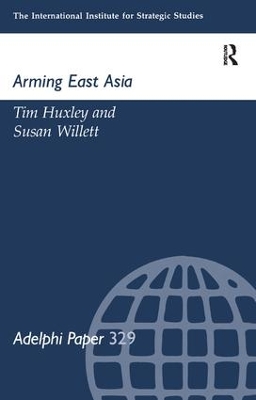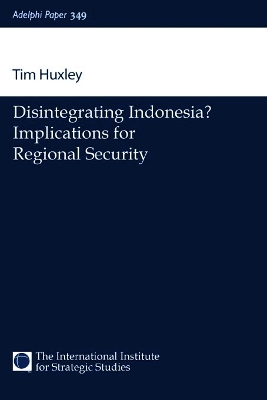Adelphi
3 total works
Since the collapse of President Suharto's New Order regime in 1998 and the international intervention in East Timor in 1999, there has been much speculation in South-east Asia and the West over whether Indonesia - weakened by economic difficulties, social distresses and political instability - has a future as a coherent nation-state. This paper argues that although the separatist struggles in Aceh or Papua are unlikely to suceed in the foreseeable future, other problems threaten to undermine the central government's control.
Communal disputes have led to chronic violence in Maluku, Central Sulawesi, and Kalimantan. Simultaneously, tension between Islamic and secular political forces has grown. Indonesia's disarray has prompted international concern over an array of security threats, including contagious secessionism, Islamic terrorism, the movement through Indonesia of asylum-seekers, piracy and environmental dangers. In order to contain these security implications of Indonesia's protracted crisis, concerned governments should continue assisting its fragile reform process, particularly by helping Jakarta to manage the country's massive international debt. However, they should also coordinate their contingency planning for a further crumbling of Jakarta's authority.
Asia's Power Dynamics
by Desmond Ball, Raja C. Mohan, Tim Huxley, and Adam Ward
This Adelphi examines defence procurement in Asia against a backdrop of the region's fragmented security infrastructure. The overlapping alliances, multilateral bodies and regional dialogues are ill-equipped to respond to the changing balance of power, since there is no unified forum through which aspiring powers can be managed. As a result, the region's territorial disputes have prompted arms-racing, particularly in naval arms and capabilities, as states seek to press and defend themselves against long-standing claims. The book breaks its analysis down into regions, identifying the strategic postures of competing powers in Northeast, Southeast and South Asia.


